
Grassroots initiatives can effectively mobilise citizens on climate-related issues, especially when addressing young audiences. Using scientific expertise from the ICOS Cities project, Astrid Hügli, a teacher from Switzerland and a former engineer, created the CO₂ module,…
Read more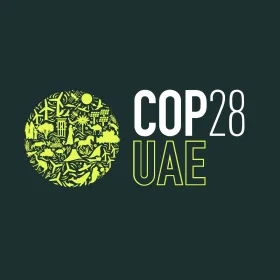
With other prominent scientific voices, the Integrated Carbon Observation System (ICOS) will participate in COP28 to deliver, once again, a clear message to world leaders: a science-based approach to climate action is the only way to tackle the climate crisis. ICOS bears six key messages…
Read more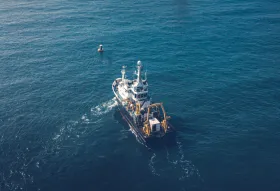
Euro-Argo, EMSO and ICOS have long been carrying out ocean observations, with each research infrastructure (RI) using its own methodologies, its own instruments, its own data gathering processes, and so on. The three RIs, moreover, conduct observations from different parts of the water ocean:…
Read more
The message delivered in the latest issue of the Greenhouse Gas Bulletin published by the World Meteorological Organization (WMO) on 15 November is clear: greenhouse gas concentrations in the atmosphere reached alarmingly high, record-breaking levels in 2022. And 2023 is on the same course.…
Read more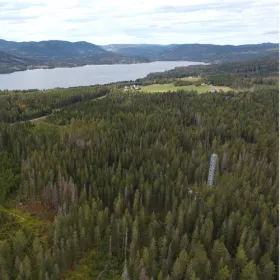
After passing a rigorous quality assurance process, 6 new measurement stations have received the status of an ICOS labelled station. The station labelling was confirmed by the ICOS General Assembly on 15th November 2023. The newly certified stations are located in Finland, Greece, Norway and…
Read more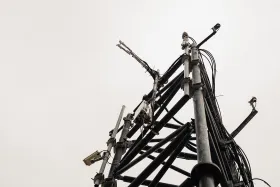
The Global Greenhouse Gas Watch (GGGW) addresses the need to access timely, reliable, available, high-resolution, worldwide data on greenhouse gases to better understand the drivers of climate change and mitigate its effects. The initiative, led by the World Meteorological Organisation (WMO),…
Read more
The Integrated Carbon Observation System, ICOS, produces standardised data on greenhouse gases, which is essential in understanding and mitigating climate change. Our data is being used by scientists as well as by governments and international organisations in their efforts to solve…
Read more
The average person surfing online might not realise it, but websites consume massive amounts of energy. To put this into perspective, it has been calculated that the internet consumes more electricity in a year than the entire United Kingdom. The more complex the website is, the more energy it…
Read more
The ICOS Carbon Portal is pleased to introduce its latest development on the Carbon Portal JupyterHub: a user-friendly tool for visualizing potential anomalies in ecosystem variables. It was developed by Ida Storm in collaboration with Verena Klasen who was working at the geoinformatics group at…
Read more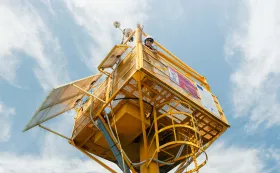
Right in the center of the Gulf of Trieste, the yellow Paloma station buoy rises 9 meters high, encompassed by miles of deep blue sea and eternal azure skies. This part of the Mediterranean is under-sampled with regards to air-sea exchanges of CO2 and related acidification - therefore measuring…
Read more